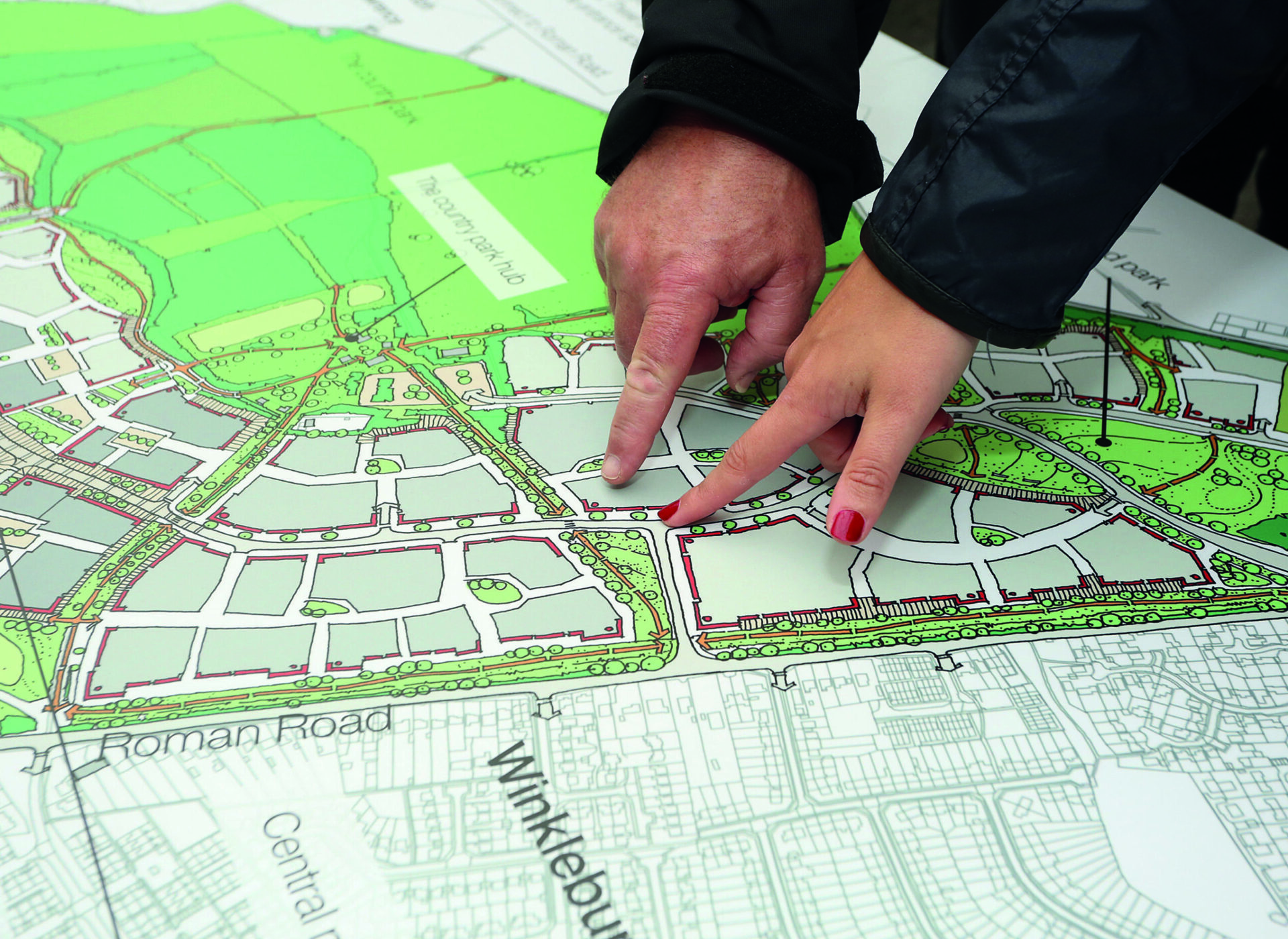Let’s talk about trust

A recent survey by YouGov for Grosvenor Britain & Ireland based on a survey of more than 2,000 members of the public and in-depth interviews with councillors, residents and business leaders does not make pretty reading.
Overall, the research revealed that members of the public who engage in the planning process are more likely to express negative views, with 44% of people reporting a negative impact from development in their local area and only 23% believing the impact had been positive. Moreover, only 2% of those surveyed said they trust developers who are planning large-scale schemes and just 7% trust the local Council which would be determining it. Stark figures.
Results from the survey suggest that a clear majority of the public believe that developers are only concerned about money, whilst nearly half think the same about local councils. More than a third of respondents also felt that local authorities do not understand or care about what the local community needs.
But whilst the general sentiment expressed by the survey is perhaps unsurprising, what concerns me most is the low levels of trust by the public in both applicants and local planning authority, more than a decade after The Localism Act which sought to make the planning system “clearer, more democratic, and more effective.”
The statutory requirement for consultation on some types of large-scale developments, the relaxation of pre-determination rules to allow councillors to fully engage in planning discussions and the introduction of Neighbourhood Planning have clearly not had the impact Government hoped.
The Labour party has suggested five ways to “energise community participation in decisions about land use”:
- A formal review of community participation in planning
- To establish the Community Partnership Agency, with a mandate to involve communities and under-represented groups in planning at every level
- Introduce jury service for planning to ensure a wide range of people can influence plan-making
- Make information on land use and planning accessible to everyone
- Introduce a new Future Generations Champion or Team in each local authority
Grosvenor themselves suggest that profits from large projects could be reinvested in local infrastructure to help build public trust. But does this mean simply asking applicants to better explain where their S106 / CIL contributions will be spent?
Whilst better dialogue between everybody involved in the planning process should help, it feels like something more fundamental is required if the public are to trust the planning process and those who use it.
It involves developers engaging with local communities earlier than many do now so that local opinion can help to shape the proposals and not just tinker around the edges; with continued dialogue throughout the planning and development process about the economic and social values of a project to a community.
It requires local authorities to better explain the vision that a Local Plan is seeking deliver and the trade-offs that have been made about economic growth, infrastructure delivery, environmental protections and individual site allocations; and then seek real input from their residents.
It needs the development control process to be more accessible with better information for the public about what to expect, how to participate and what factors can or can’t be considered when a planning application is determined.
Finally, it needs the wider public beyond those directly affected by a development to take an interest in their built environment and feel able to contribute to the debate about where future generations are going to live, work, learn and play.
Selected industry experts bring you insight and expert advice, across a range of sectors.
Subscribe for free to receive our fortnightly round-up of property tips and expertise
Selected industry experts bring you insight and expert advice, across a range of sectors.
Subscribe for free to receive our fortnightly round-up of property tips and expertise


